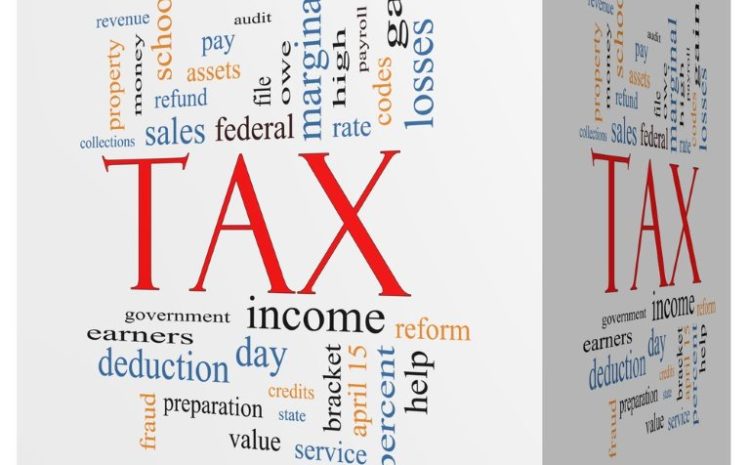
Are you an employee or independent contractor? For decades. this is a question that has deeply concerned not only the federal government but state governments throughout the country. For federal tax purposes, the distinction between the two is crucial. The classification of a worker as an employee or independent contractor affects how individuals pay federal income tax, social security taxes, Medicare taxes, as well as how they file their tax returns. Worker classification affects eligibility for social security and Medicare benefits, along with benefits provided by their employers.
Employers misclassify workers to avoid compliance with:
- Social Security
- Tax withholding
- Minimum wage and overtime
- Unemployment insurance (UI)
- Workers’ Compensation
- Temporary disability
In the last two years alone, many states have proposed legislation through public referendums and their respective legislative assemblies to attack employee misclassification. The U.S. Department of Labor has already set its sights on gig employees after focusing on employees forced into independent contractor status by franchise employers. The State of New York has a Joint Enforcement Taskforce to address worker misclassification. It seeks to end these unfair practices and ensure workers and employers of fair and equal treatment under federal and New York law.
A coalition of app-based ride-hailing and on-demand delivery companies including Lyft, Uber, Doordash, and Instacart filed petitions for ballot initiatives in California and Massachusetts, already finding success in California, to keep gig economy workers classified as independent contractors.
California passed AB5 which provided that a person providing labor or services for remuneration shall be considered an employee rather than an independent contractor unless the hiring entity demonstrates otherwise. However, AB5is no longer the law in California for ride-hail and food delivery workers, while it remains in effect for other gig workers.
Lyft, Uber, Doordash, and Instacart spent $205 million on Proposition 22 in California to overturn the law for their industry workers in November of 2020. However, in August of 2021, a California Superior Court judge invalidated Proposition 22. Judge Frank Roesch wrote that Prop22 infringes on the power of the California legislature explicitly granted by the state Constitution to regulate compensation for workers’ injuries. Roesch claimed that the only way to overturn this would be by constitutional amendment rather than a ballot initiative. Will other state courts treat these lawsuits similarly? Only time will tell. Stay tuned to this blog.
Employee or Independent Contractor?
Courts consider many facts when deciding whether a worker is an employee or an independent contractor. These are divided into three main categories: behavioral control; financial control; and the relationship of the parties. In each case, it is important to consider all the facts together rather than a single fact:
- Behavioral Control: Does the company control or have the right to control what the worker does and how the worker does his or her job?
- Financial Control: Are the business aspects of the worker’s job controlled by the company paying compensation for the work?
- Relationship of the Parties: Are there written contracts or employee type benefits? Will the relationship continue and is the work performed a key aspect of the business?
The Benefits of Classification as an Employee
When You Are an Employee…
- Income tax, social security taxes, and Medicare taxes must be withheld from your paycheck.
- Your employer is responsible for paying social security, Medicare, and unemployment (FUTA) taxes based on the amount of your wages.
- Your employer must provide you with a Form W-2, Wage and Tax Statement, showing the total amount of taxes withheld from your pay for the tax year.
When You Are an Independent Contractor…
- The business with which you are contracting for work may be required to provide you with Form 1099- MISC, Miscellaneous Income, to report the total amount paid for your services for the tax year.
- You must pay income tax and self-employment tax. No taxes are withheld by the business from your pay. You may be required to make estimated tax payments during the year.
- Business expenses may be deducted on Schedule C of your income tax return.
If you live in the New York or the Tri-State area and have any questions about any tax-related issues, call THE TAX EXPERTS at the Thorgood Law Firm www.thorgoodlaw.com. For a FREE consultation, call 212-490-0704.






